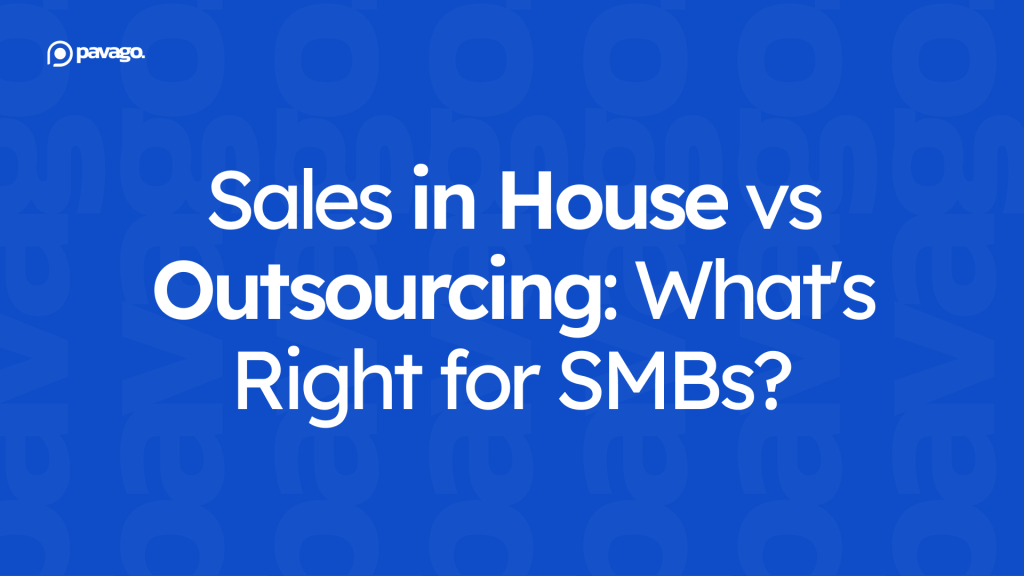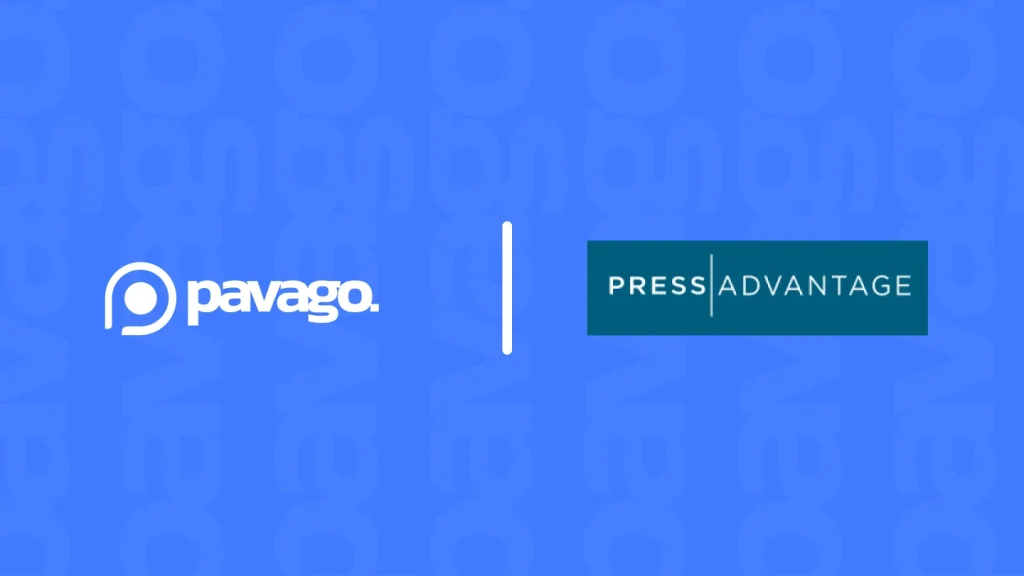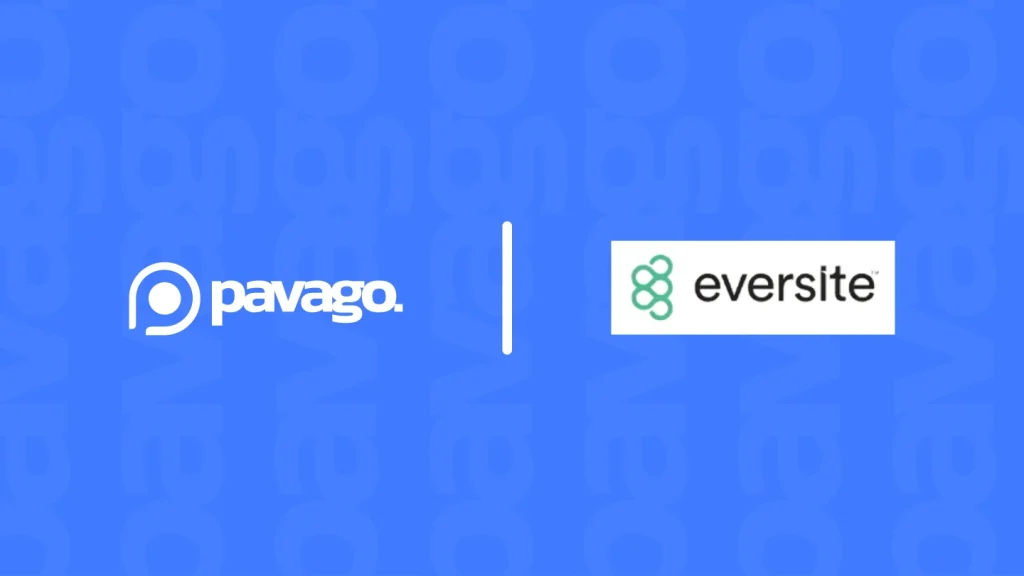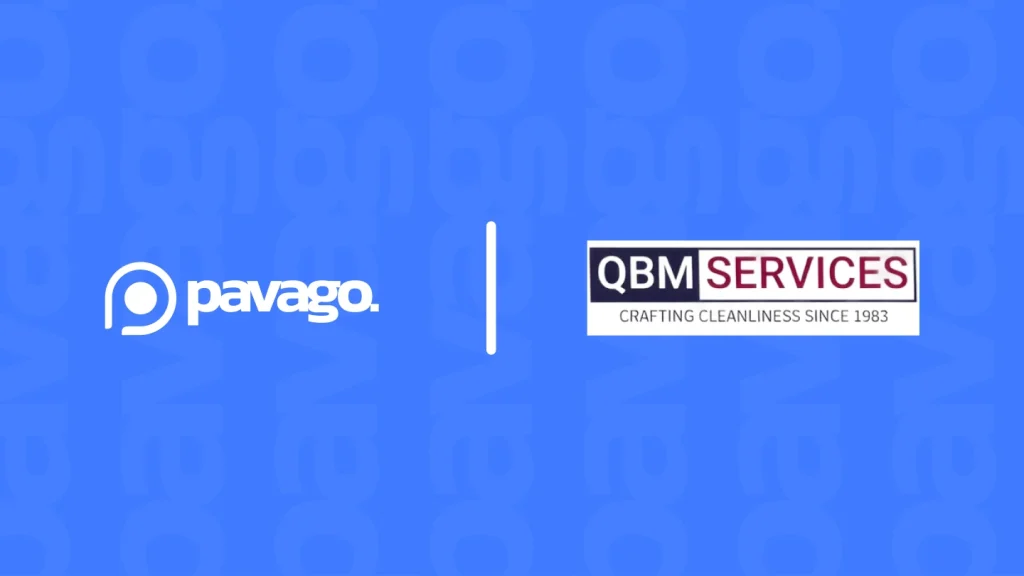If you run an SMB, you already understand how delicate the sales function is. A great sales system can completely transform your revenue trajectory, and a broken one can hold you back no matter how strong your product is.
At some point, every founder or sales leader hits the same question:
“Do we build an in-house sales team, or do we outsource sales development to specialists?”
Some businesses insist on full control and prefer an internal team they can see, coach, and integrate deeply into their culture. Others want to avoid the long ramp times, full-time salaries, and complexity of building internally – especially when all they need at the start is a predictable top-of-funnel pipeline.
Then there’s a third group – the fastest-growing SMBs today – who do a mix of both.
This article walks you through the three options: sales in-house vs outsourcing vs a hybrid team. Instead of giving you generic pros and cons, we’ll break down how each route actually works inside a small or mid-sized business, the trade-offs that founders rarely talk about, and how to choose the approach that makes sense for your stage, team, and goals.
By the end, you should be able to say with confidence: “This is the model that fits my business right now.”
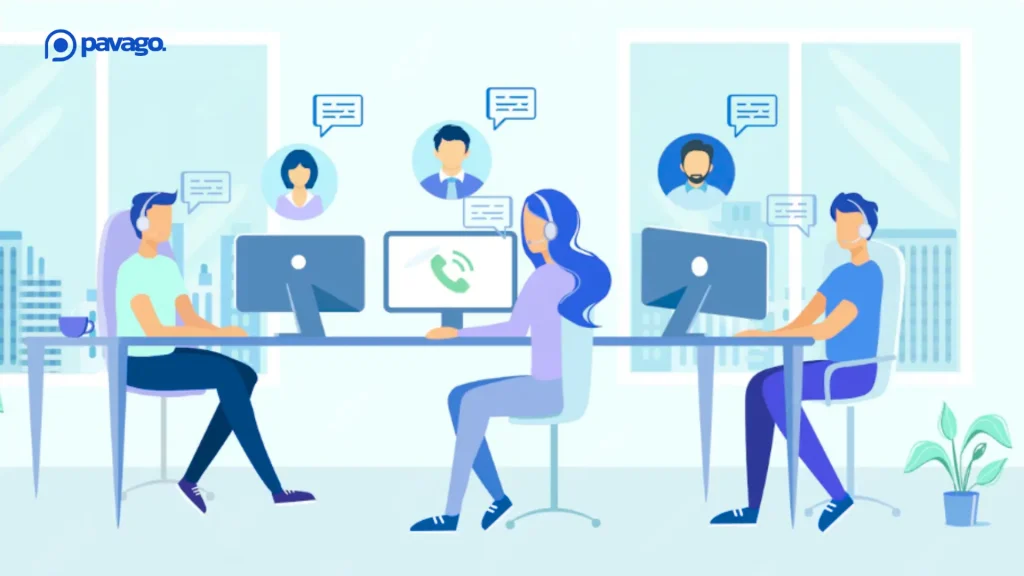
What Sales Development Actually Means (and Why It’s Not Optional)
Sales development often gets reduced to “hiring salespeople who send cold emails,” but it’s much more foundational than that, especially for SMBs.
It’s the engine that keeps your pipeline alive.
Think of sales development as the part of your organization responsible for creating opportunities your closers can turn into revenue. When this layer is weak or inconsistent, it doesn’t matter how good your closers are; they simply won’t get enough at-bats.
Sales development includes four major activities:
1. Prospecting: Identifying the right accounts and people.
For SMBs with limited bandwidth, this step often determines whether your pipeline is full of potential customers or full of random contacts from an outdated list.
2. Lead Qualification: Determining who is actually worth your time.
A good sales development rep (SDR) filters out noise so your account executives (AEs) aren’t wasting hours on low-intent or unqualified leads.
3. Nurturing: Staying top-of-mind until the prospect is ready.
SMBs benefit massively here because consistent follow-up – something most founders simply don’t have the time to do – is where a lot of deals originate.
4. Cold Outreach: Email, calls, DMs, Loom videos – the unglamorous but essential part of building a pipeline.
And this is where the decision between sales in-house vs outsourcing becomes critical.
Why Sales Development Is Especially Important for SMBs
Enterprise companies can survive mistakes.
SMBs can’t.
If your sales team isn’t consistent, predictable, and properly structured, the business has no fallback plan. This is exactly why SMBs care so much about this decision – it’s not just a hiring choice, it’s a foundational growth strategy that can help you scale from $2M to $10M in annual revenue.
Sales development helps SMBs by:
- Increasing Lead Quality: Instead of your sales closers burning time on misaligned leads, you have someone whose job is to filter and prioritize.
- Shortening the Sales Cycle: A warmed-up lead is far easier to convert than someone who just heard about you.
- Improving Team Efficiency: If your sales closers are prospecting, they’re not closing. If they’re not closing, your revenue plateaus.
- Aligning Sales and Marketing: Every dollar you spend on marketing goes further when there’s a system catching and nurturing those leads.
- Creating Predictability: This is the biggest one. SMBs need consistency more than anything else. A strong sales development function gives you that.
You can stack your tech stack with every “best-in-class” sales tool on the market, but if you don’t have A-players who know how to actually squeeze results out of those tools, you’re never going to see the ROI you expect.
Pavago helps you hire top-tier sales talent who know how to execute, not just click buttons.
Because the right people turn tools into outcomes.
Keeping Sales In House vs Outsourcing Sales Teams
Let’s go deeper than the standard “pros and cons” list.
When founders talk about this decision, they’re not comparing bullet points – they’re comparing real operational realities.
The Case for an In-House Sales Team
You’ll want an internal SDR team if:
- Your product is complex
- You need tight internal collaboration
- Your AEs need constant feedback loops
- You want cultural alignment and long-term team development
In-house SDRs can develop a near-instinctive understanding of your product and customers. They hear objections firsthand. They share context with your AEs immediately. They can walk over (or DM instantly) for guidance.
But here’s the part SMBs underestimate:
In-house SDRs require strong management.
Hiring someone junior without someone senior to coach them is the #1 reason internal sales teams stall out.
That’s why many SMBs with weak sales management end up wasting more on internal sales hires than if they had outsourced sales and marketing.
The Case for Outsourcing Sales Development (Especially Offshore)
Outsourcing isn’t just about saving money. It’s about leveraging specialization.
Good outsourced sales teams:
- bring established playbooks,
- onboard quickly,
- understand outbound psychology,
- keep a consistent volume of activity,
- and don’t require you to build internal management infrastructure.
Outsourced sales teams are a great option when:
- You need a pipeline fast
- You can’t afford SDR turnover
- You don’t have a sales leader
- You want a predictable cost structure
- You don’t want to train juniors from scratch
And when you leverage offshore talent, the economics become even more compelling – especially when sourced well.
Top talent offshore doesn’t mean cheaper quality. It means you’re unlocking access to A-players whose cost of living is different.
But of course, outsourcing has drawbacks too. If the partner doesn’t understand your ICP or industry, misalignment can kill results quickly. And cookie-cutter approaches rarely work in specialized markets.
That’s why clarity, onboarding, and proper management matter immensely.
Related: How to Manage Remote Sales Teams – Tips & Best Practices for 2026
Why Most SMBs Should Choose a Hybrid Model in 2026
After thousands of SMB interviews and founder conversations, a pattern emerges:
The winning formula isn’t choosing one or the other… It’s combining both.
Here’s what this looks like:
| In-House | Outsourced/Offshore |
|---|---|
| Sales leadership | SDRs & BDRs |
| Closers (AEs) | Prospecting |
| Customer Success | Cold outreach |
| Relationship-heavy roles | List building |
| Research |
This model gives SMBs everything they want:
- Cost efficiency
- Scalability
- Deep product knowledge where it matters
- Speed at the top of the funnel
- Stability without huge payroll liabilities
It’s also the model that maps best to how buyers behave today: fast-moving at the top, relationship-driven near the close.
A Simple Checklist for SMBs Making the Sales In-House vs Outsourcing Decision
Choosing between an in-house sales team and outsourced sales development really comes down to a few key questions. Each one forces you to think about your stage, capabilities, and priorities – not just what sounds good in theory.
Use this as a quick self-diagnosis tool:
1. Do you have a proven sales manager?
This is the foundation.
If you don’t have someone who can coach, train, review calls, improve scripts, and keep junior reps accountable…
Don’t hire in-house SDRs.
Junior salespeople without leadership almost always underperform – not because they’re bad, but because they’re unmanaged.
Outsource SDRs until you have proper leadership in place.
2. Is your product simple or complex?
Be honest about how much context your reps need.
- Complex, technical, or multi-step solutions → your AEs need to stay close to the product and customer.
- Straightforward offers with clear ICP and messaging → you don’t need an in-house SDR team for that.
3. Do you need a pipeline in the next 30–60 days?
In-house hiring takes time: posting → filtering → interviewing → offering → onboarding → training → ramping.
Best case: 2–3 months.
Realistically: longer.
If you’re in a revenue crunch or growth push, that timeline won’t cut it.
If you need pipeline urgently, outsourced/offshore sales talent ramps in weeks, not months.
4. What does your budget actually allow?
Full-time SDRs aren’t just salaries. There are hidden costs:
- benefits
- software
- management time
- equipment
- taxes
- turnover
Most SMBs end up spending $60k–$90k per SDR per year, whether they planned to or not.
Compare that with the offshore model: $1500 average SDR salary, plus only $329/mo per candidate when you hire through Pavago.
5. Are you scaling or stabilizing?
Your growth phase determines your staffing model.
- If you’re scaling or testing new markets → you need flexibility, speed, and cost efficiency. That’s outsourced territory.
- If you’re stabilizing, refining, or building deeper customer relationships → that’s when you slowly bring pieces in-house.
6. Is your sales process clear and repeatable?
Outsourcing works beautifully when your ICP, messaging, and offer are dialled in.
If you don’t have that clarity yet, don’t blame an SDR – fix the strategy first before hiring in-house or outsourcing sales.
Why this matters
After most of our clients walked through these questions honestly, 80% ended up with a hybrid or outsourced-first model. Not because outsourcing is “better,” but because internal sales teams require maturity, resources, and leadership that many early-stage companies simply don’t have yet.
This decision framework helps you choose a model that matches your stage – not someone else’s.
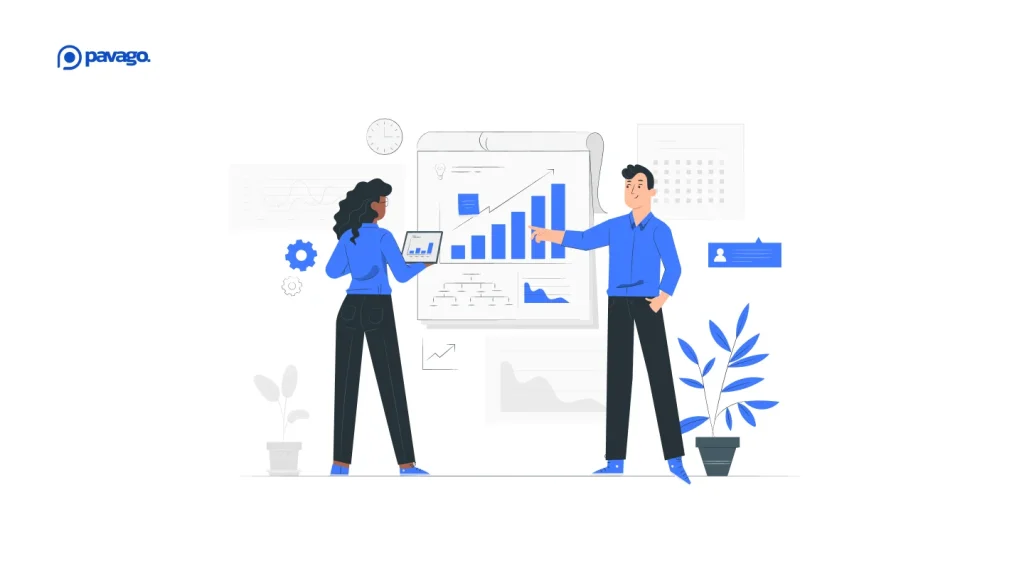
Let Pavago Build the Right Sales Team for You
Most SMBs don’t fail at sales because their product is bad. They fail because their hiring and sales development approach doesn’t match their stage.
That’s the gap Pavago fixes.
With Pavago, you get:
- The top 1% offshore sales talent (pre-screened, pre-trained)
- Only $500/year membership fee + $329/month per hire
- Unlimited placements
- Full onboarding + sales training
- 21-day placement turnaround
- Cost savings up to 70%
- Talent aligned to U.S. time zones and culture
You keep strategy in-house, you outsource the heavy lifting, and you scale without burning cash.
Want to explore your options and check out our pre-screened talent pool of sales A-players?
Frequently Asked Questions
Wrapping It Up
There’s no universally “right” way to build a sales team – only what’s right for your stage, budget, and internal capacity.
In-house teams offer control and deep product knowledge, while outsourcing gives SMBs the speed, flexibility, and cost efficiency they often need to grow consistently. Many companies find that instead of choosing between keeping sales in-house vs outsourcing entirely, a hybrid model strikes the perfect balance.
And if you choose to explore outsourced or offshore talent, partners like Pavago make it far easier to hire skilled sales professionals without the usual overhead.
